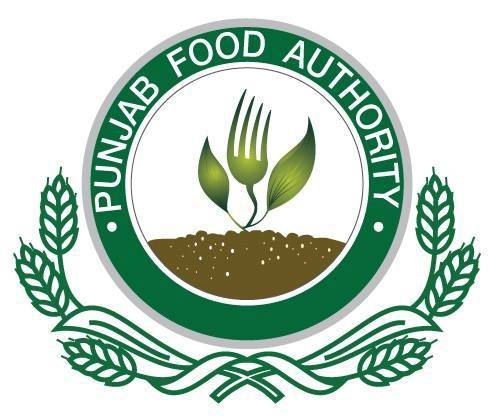ISLAMABAD
by Raja Faisal
Punjab Food Authority (PFA) regulations 2017, does not only contain mistakes but it unnecessarily subtracts dairy drink standards while updating the regulations which will have a bad effect on the industry. It clearly shows that PFA drafted and published its PFA regulations 2017 in a rush of time and without following the due course of established procedures.
The PFA Regulations 2017 – approved and published in March – contain numerous composition, grammar, spelling, formatting and technical mistakes in the document.
Hardly any page is without such mistakes. The regulations state that “solids in the composition of camel milk standard are more than the composition of sheep and goat milk standards”, whereas according to experts, camel milk has fewer solids.
Moreover, “goat” is given a source of milk in sheep milk standard. The regulations are full of several blunders in the document.
Dairy Drink Standard was deleted from the updated regulations and the serial number was changed on that page, however, the authority simply forgot to do it on the next page.
The Regulations, as per published book, were notified in March 2017. In the case of frozen dessert, the labelling requirements were discussed firstly in April and then May 2017. The authority published labelling requirement on PFA Facebook page and served a public notice.
The affected parties questioned the reasons for meetings conducted by PFA for additional labelling requirements if the standard of frozen dessert did not exist in the approved regulations.
“We have the minutes of the meetings held with PFA, they cannot delete these standards as this is unlawful to do so and will be considered as the mala-fide intention of PFA,” spokesperson for one of the affected parties told Pakistan Today.
Moreover, the minimum pasteurisation law was included in PFA Regulations. According to the approved regulations, PFA intends to ban the loose-milk supply in five years across Punjab.
However, in published Punjab Pure Food Regulations 2017, the mandatory pasteurisation in five years has been omitted.
The errors in the PFA regulations 2017 clearly show that the required measures were not taken into consideration to design very important regulations.
PFA should rather focus on implementation and enforcement, than framing its own standards (which are contradictory to national as well as international standards).




